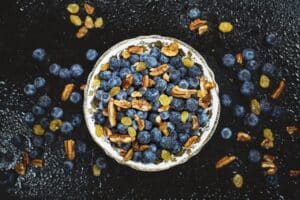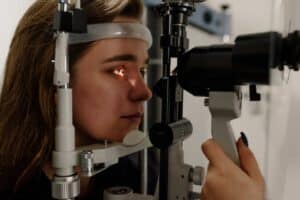Essential Nutrition Tips for Pre and Post-Workout Meals

Eating properly before and after workouts can greatly affect your athletic performance and results. The right nutrition can provide the energy needed for an effective workout and aid in recovery afterward. Consuming a balanced meal before exercising ensures that your body has the fuel it needs to perform at its best, while post-workout nutrition helps repair muscles and replenish energy stores. Here are some tips on how to eat appropriately to optimize your workout results:
Eating before your workout
The importance of eating before exercise:
- Increased energy: Food provides the energy needed to perform a good workout, ensuring that you can sustain intensity throughout your exercise session. Without proper fuel, you may experience early fatigue, limiting the effectiveness of your workout.
- Improved performance: Eating before exercise helps improve both physical and mental performance by stabilizing blood sugar levels and enhancing focus. A well-fueled body allows for better endurance, strength, and concentration, leading to more productive workouts.
- Minimize muscle breakdown: Consuming food, particularly protein, before exercise helps provide the amino acids needed to maintain muscle mass. This is crucial for preventing muscle breakdown during intense workouts and supporting muscle preservation.
When?
- 1.5 to 3 hours before training: Eat a full meal.
- 30 to 60 minutes before exercise: Eat a snack or a quick meal.
What to eat?
- Complex carbohydrates: Like oats, brown rice, sweet potatoes. They provide long-lasting energy.
- Protein: Like chicken, fish, or Greek yogurt. Helps build muscle.
- Healthy fats: Like avocado, nuts. But in moderate amounts.
Examples of pre-workout meals:
- A full meal: Grilled chicken breast with brown rice and vegetables.
- Snack: Yogurt with fruit and nuts.
Eating after your workout
The importance of eating after a workout:
- Restores energy: Eating after a workout normalizes muscle glycogen levels, replenishing the energy stores depleted during exercise. This is essential for recovery and preparing your body for future workouts.
- Muscle repair: Post-workout nutrition provides the protein needed to repair and build damaged muscles, promoting muscle growth and strength. Adequate protein intake after exercise accelerates recovery and helps prevent muscle soreness.
- Recovery: Proper post-workout nutrition helps reduce post-workout pain and fatigue by speeding up the recovery process. This includes reducing inflammation, restoring electrolyte balance, and rehydrating the body, all of which contribute to quicker and more complete recovery.
When?
Within 30 minutes to two hours after a workout: This is the ideal time to eat a post-workout meal.
What to eat?
- Carbohydrates: To replenish muscle glycogen stores, such as fruits and sweet potatoes.
- Protein: For muscle repair, such as fish, chicken, or protein shakes.
- Fluids: To replace fluids lost during exercise. Water or sports drinks with electrolytes.
Examples of post-workout meals:
- A complete meal: Protein smoothie with fruit, spinach, and yogurt.
- Snack: A fruit basket with a handful of nuts, or a whole grain chicken sandwich.
Bonus important tips:

- Drink water: Make sure you’re hydrated before, during, and after your workout.
- Avoid heavy foods: Avoid fatty or heavy foods that may cause discomfort during your workout.
- Balance: Try to strike a balance between carbohydrates, protein, and fat in your meals to optimize performance and recovery.






